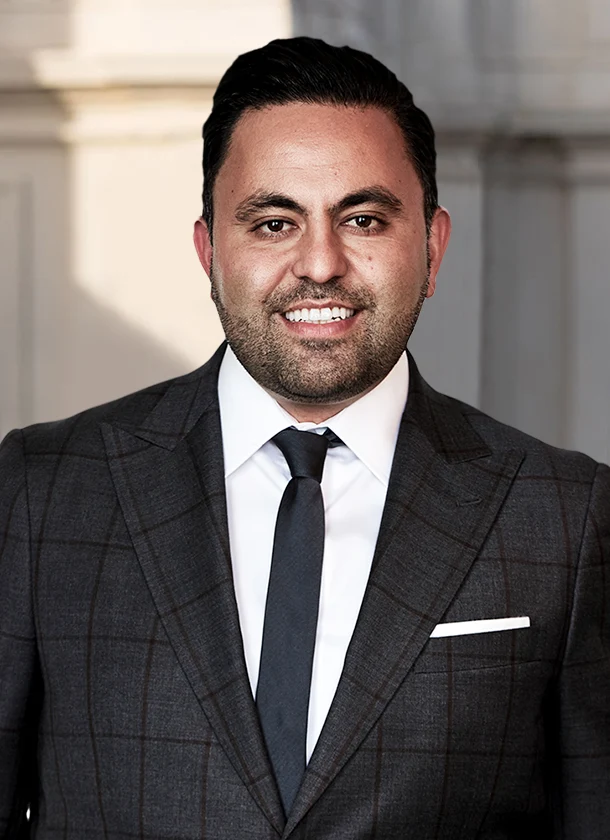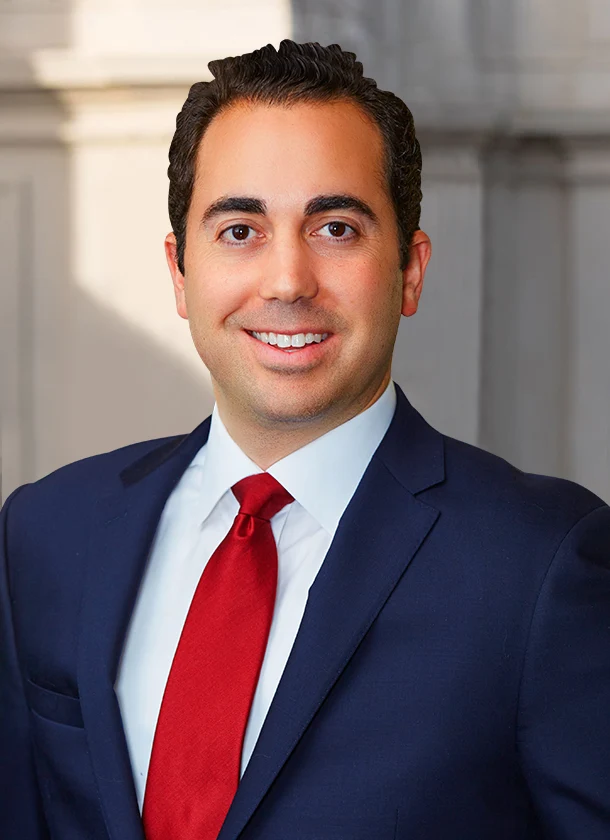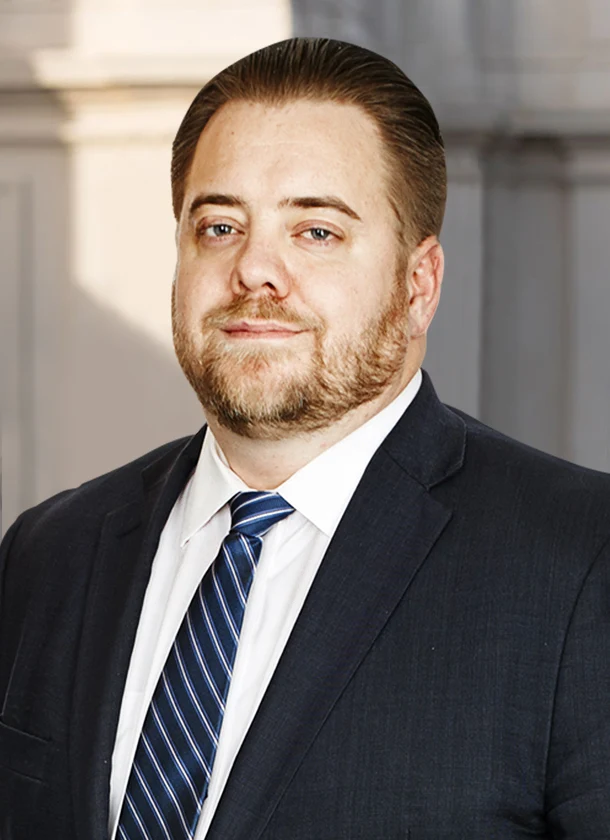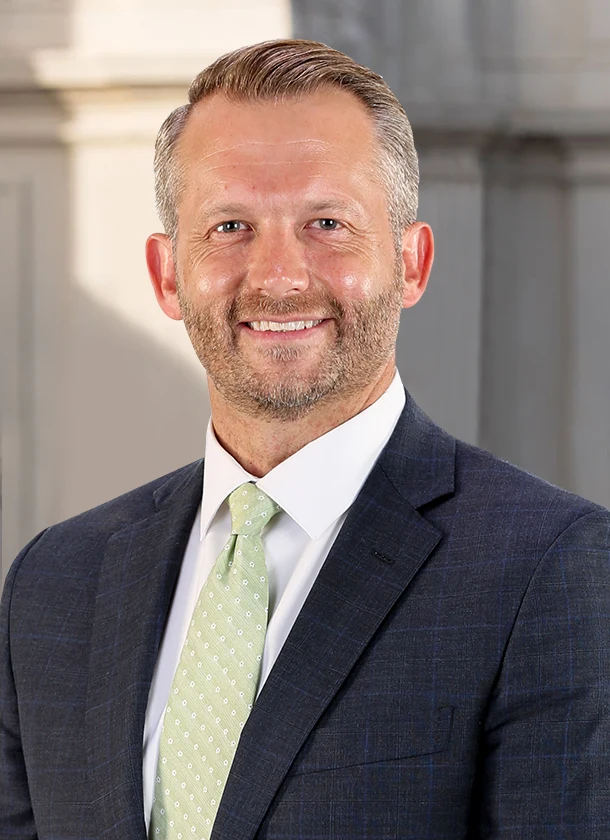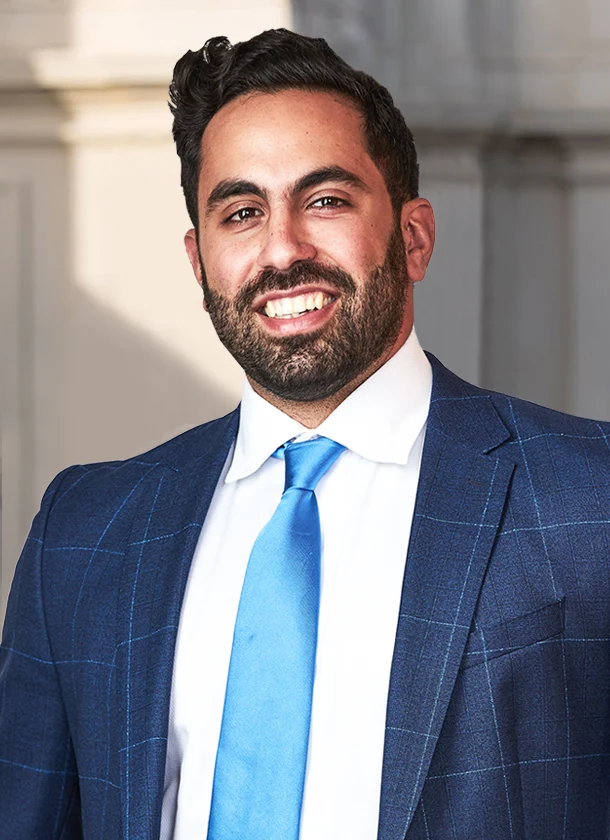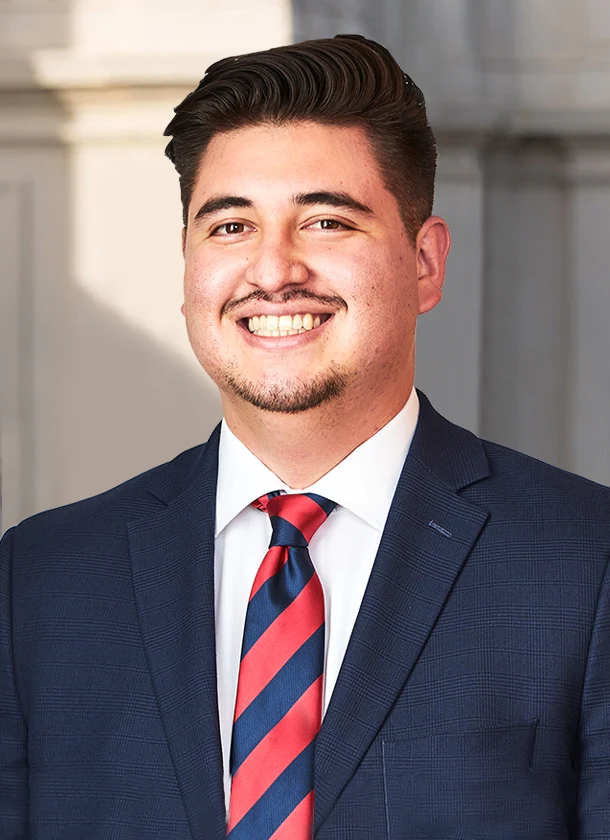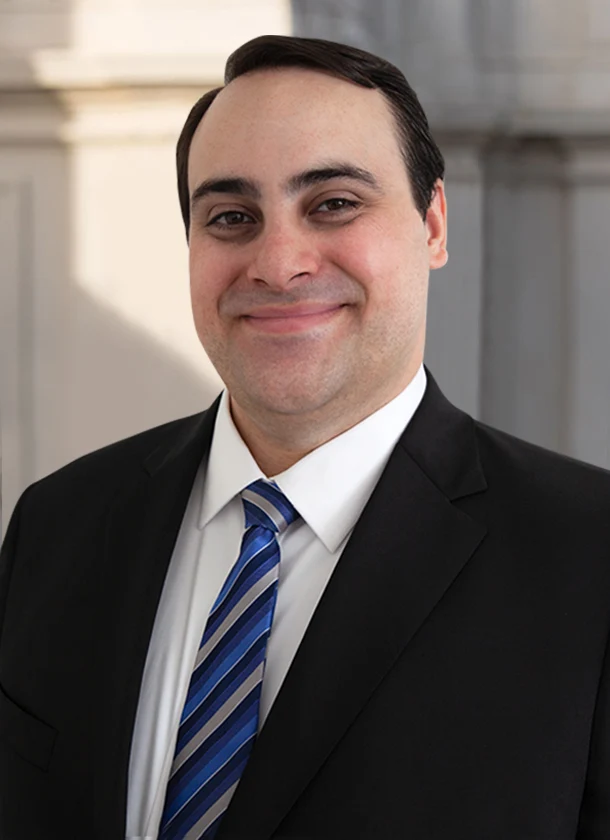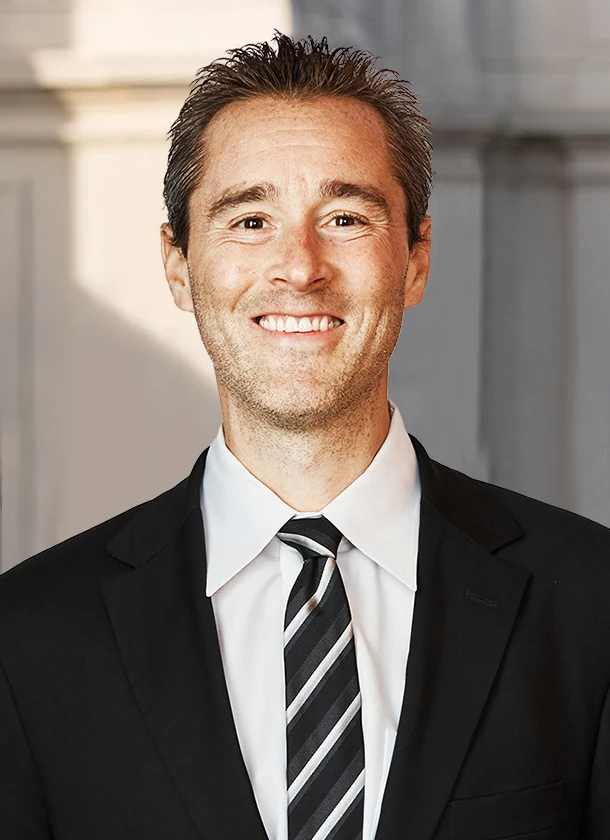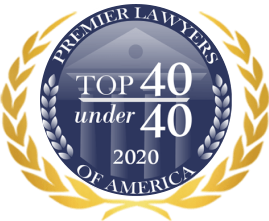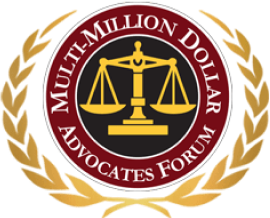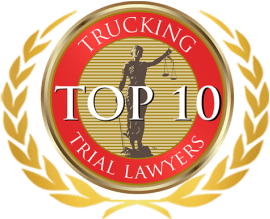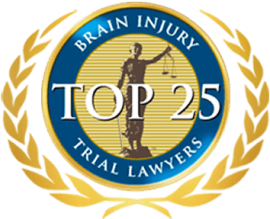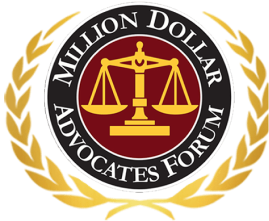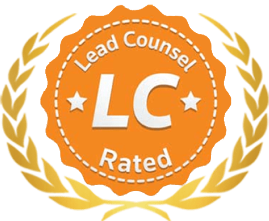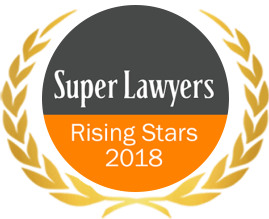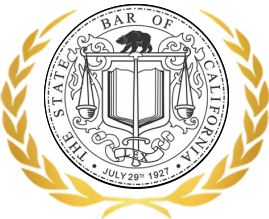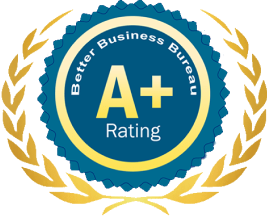Will Health Care Employers Need to Cover Employee COVID-19 Illnesses as an Occupational Injury?
COVID-19 information, advice, warnings, recommendations, guidelines are circulating everywhere these days. You cannot turn on the news, shop online or in a retail location, go to a food establishment, or make a medical appointment without hearing about the coronavirus pandemic. This virus has impacted nearly every area of American life. Of course, the novel coronavirus has inundated hospitals and healthcare facilities, but have health care employers begun to consider how they will handle COVID-19 infections in their employees when it comes to workers’ compensation?
 What is a Work-Related Illness?
What is a Work-Related Illness?
To be covered under workers’ compensation or considered to be an occupational illness, an employee’s illness must arise out of and in the course of their employment. The illness must be caused by performing the duties of employment. Nothing else should have caused the illness.
Is COVID-19 a Work-Related Illness?
For workers’ compensation claims and COVID-19, under the current standards, an employee will need to prove that their infection occurred because they were exposed to the coronavirus at work. For example, ICU nurses who directly care for COVID-19 patients for many hours each shift will likely have a claim that is easy to prove. In contrast, an occupational therapist who has no known or documented exposure to a patient or co-worker with COVID-19 will have a more challenging claim.
In either of these examples, health care employers should provide their workers’ compensation insurance company with the details reported by the employees stating that their illness occurred because of their exposure at work while performing the duties of their job. The workers’ compensation insurance carrier will use this information to determine the employees’ claims while protecting the interests of health care employers and their claimant employees.
Occupationally Specific Illnesses
Some occupational illnesses are specific and common to particular industries; for example, agricultural workers are at risk for farmers’ lung, and construction workers are at risk for asbestosis. It can be difficult to argue that these illnesses were caused by anything but work-related exposures. State workers’ compensation laws usually have requirements that direct how occupational illnesses such as these are defined and dealt with. Experts predict that COVID-19 illnesses will fall within the regular requirements of state workers’ compensation acts. It is also marginally possible that COVID-19 could be defined as a work-related injury by state law if the employee’s exposure met the provisions for an occupational injury in the respective state. Some states have statutes that exclude “ordinary diseases of life,” such as the common cold or flu from occupational illnesses.
Successful Occupational Illness Claims
It is not impossible for some diseases and illnesses acquired by the general population to also be accepted by workers’ compensation as an occupational injury. If the employee can prove that they were exposed to the disease at work while performing the duties of their job, they could have a valid claim. Many workers’ compensation claimants have been successful in doing so in the past, including:
- A North Carolina lab technician who was diagnosed with serum hepatitis after testing lab samples
- Connecticut corrections officers who had positive HIV test results after being exposed by treating prisoners in the infirmary
- A Massachusetts dental hygienist who was exposed to and diagnosed with hepatitis C in the course of her employment
- A Maine hospital nurse that received positive tuberculosis (TB) test result after caring for a patient with the same disease for shifts spanning several weeks
Additionally, some jurisdictions in the United States have concluded that occupational exposure to mold has caused work-related illnesses, as has “sick building syndrome.” The employee filing for workers’ compensation benefits must meet their burden of proof by providing evidence that there could be a connection between their job duties and their exposure to illness. Once this is done, the employer is then tasked with disproving this connection, which can be difficult.
Challenges for Employers
For coronavirus infections, employers will need to prove that the employee’s exposure did not occur at work. Unless the employer has evidence that the claimant employee had close, lengthy, or repeated exposure to someone diagnosed with COVID-19, doing so will be challenging. It is important to remember that when it comes to health care information, everyone has a right to privacy.
If the employee does not willingly admit that they had exposure to someone with the coronavirus outside of work, the employer will likely never know it. Unless the employer can prove that the employee did not come in contact with anyone at work with COVID-19, it is likely they will pay the claim.
To help mitigate any issues, prudent health care employers should assure their employees of their dedication to health and safety in the workplace. They should continue to follow all COVID-19 guidelines from the Occupational Safety and Health Administration (OSHA) to protect their employees. Employees who think they could have contracted the coronavirus at work should be instructed to report their illness as soon as possible following the protocols that are in place. Once this is done, they can be assured that their rights under the workers’ compensation system will be protected.
However, each workers’ compensation claim is case-specific. There is no one-size-fits-all approval for every COVID-19 workplace illness. The facts of each claim will be scrutinized.
How Some Jurisdictions are Handling COVID-19 Workers’ Compensation Claims
Some states, like New Jersey, are moving forward by introducing a bill that would provide a presumption of compensability for essential workers who contract COVID-19. Under such a law, healthcare employees would be considered essential workers. Health care employees who interact with the general public and come down with COVID-109 would be eligible to receive workers’ compensation benefits.
In California, Governor Newsom announced in May of 2020 that all employees who had been working outside of their home during the pandemic would be presumed to have contracted COVID-19 in the course of the employment. Front line workers who contract COVID-19 will not have the burden of proving their claim as they usually would. Instead, there would be a time-limited rebuttable presumption. The governor believes that access to workers’ compensation benefits is a crucial part of reopening and revitalizing California’s economy.
Federal employees are also entitled to something similar. If their job is considered high-risk or essential, they simply need to submit a Form CA-1, Notice of Traumatic Injury. This will call the attention of the adjudicator to the type of employment the employee has instead of attempting to get the employee to identify the exact date and time they contracted the coronavirus. If a federal employee files a claim but is not considered to be in a high-risk employment position, they will be required to give a factual statement and evidence regarding their exposure to COVID-19.
Help with Your COVID-19 Workers’ Compensation Claim
If you believe you were exposed to the novel coronavirus while on the job, you could be eligible for workers’ compensation coverage. Contact Arash Law today by phone (888) 488-1391 or online to receive your free no-obligation case review with an experienced California workers’ comp lawyer from our firm.
Our passionate workers’ compensation lawyers have recovered over 200 million dollars for clients just like you. We have decades of experience serving workers’ compensation clients in San Francisco, Riverside, San Jose, San Diego, Sacramento, Sherman Oaks, and throughout California.








